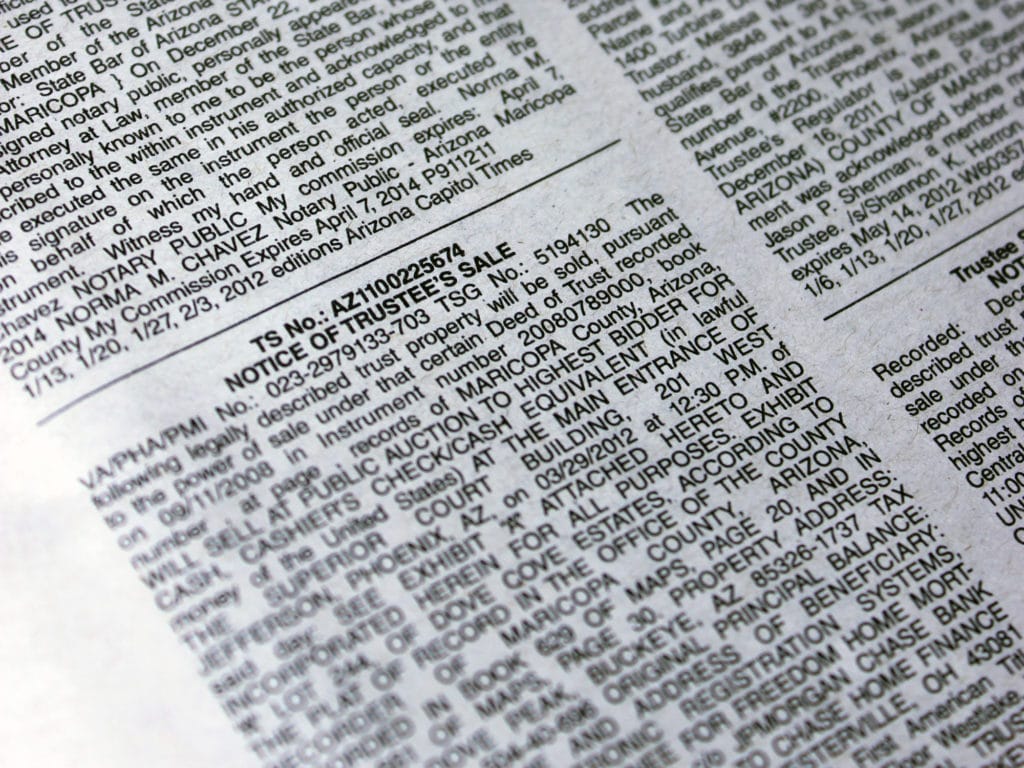In his TED Talk, Dave Meslin argues that people aren’t tuning out their local government, rather they are being shut out (either intentionally or unintentionally) of the process. What he categorizes as “intentional exclusion” many local governments make it exceedingly difficult for people to 1.) understand what is going on at the municipal level and 2.) actively participate in the process of governing.
Meslin points out the example of a local magazine publication. Using an arts and weekly magazine as an example, he directs the audience’s attention to stories on local restaurants, emerging musicians, and the latest movies in the theaters. All of these stories contain within them actionable information; for example, the story on the restaurant has directions, hours of operation, contact information, etc. People can call the restaurant to ask about daily specials; they can visit the restaurant’s website in addition to reading reviews about the food.
Then he turns to a story about a local election. Nowhere within that article is there information that provides readers with a way to follow up with some sort of action: no schedule of debates, no way for potential voters to contact the candidates, and no way for people to participate in the political process. Meslin suggests this happens not only in print media but on television and online media as well.
Meslin argues apathy is not properly defined nor is it the root cause of government dysfunction. “We can redefine apathy as a complex web of cultural barriers that reinforces disengagement,” he says. By identifying these barriers and then dismantling them in a way that allows people to actively participate, government can and should function rather seamlessly.
“All of these obstacles are being put in our way,” Meslin says pointing to things like 500-word fine print statutory notices that no one wants to read (understandably so).
[ted id=1119]

